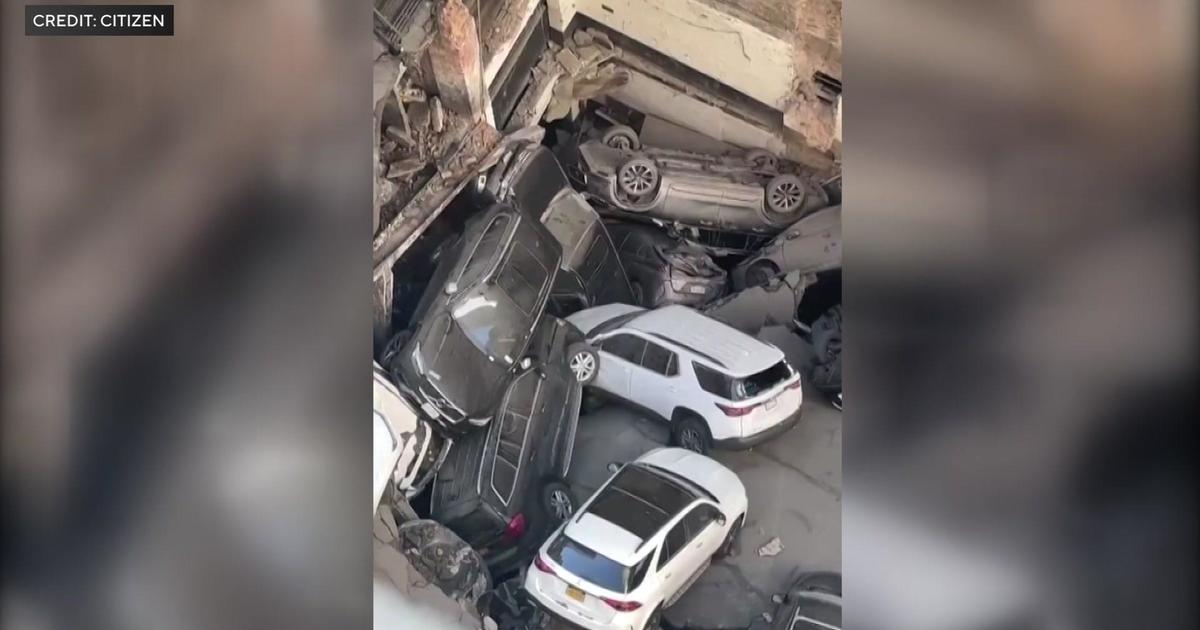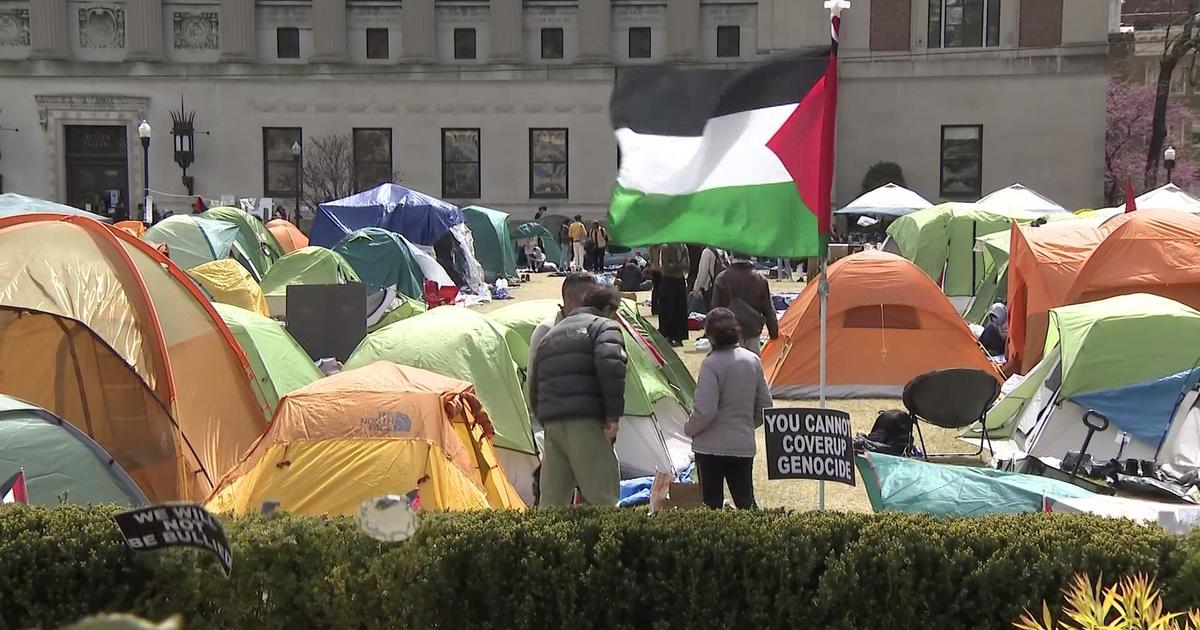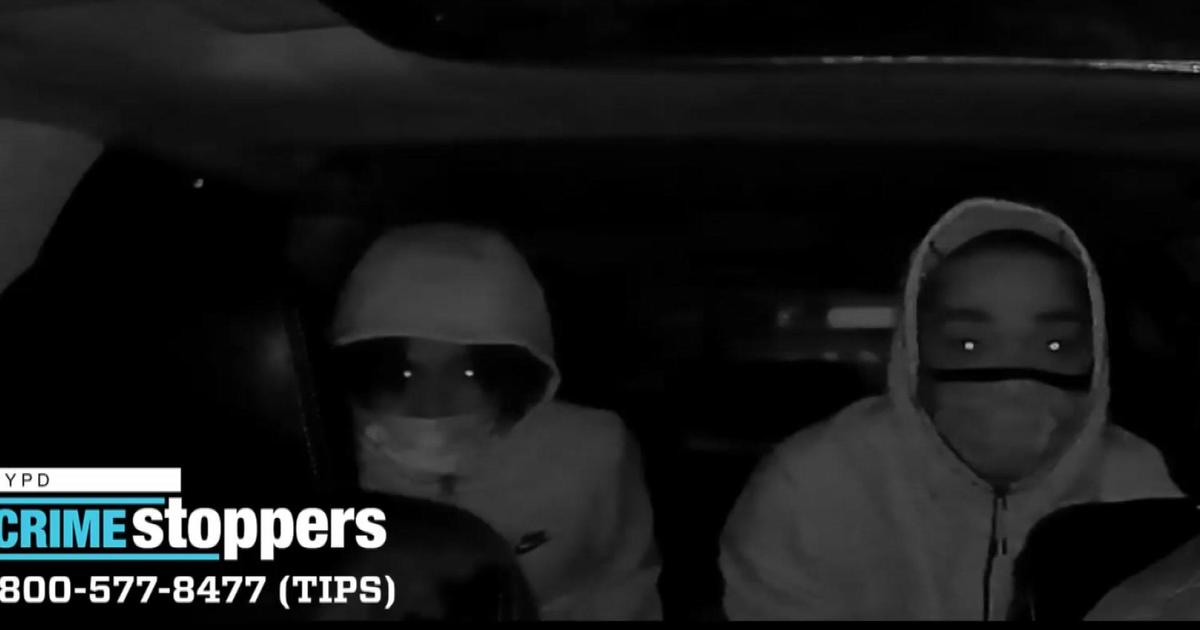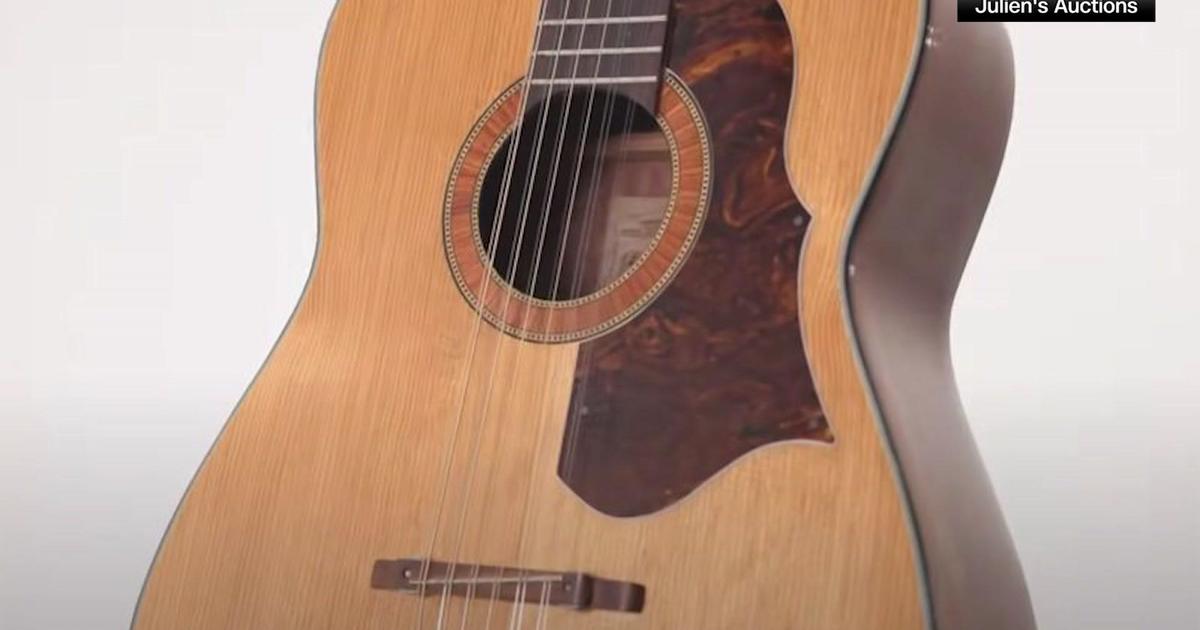Contact Tracers In NYC Having Success, But Also Running Into Challenges Gathering Necessary Information
NEW YORK (CBSNewYork) -- The city is wrapping up a third week of contact tracing, a vital step in stopping the spread of COVID-19 as Phase 2 of reopening looms Monday.
New numbers show most people who tested positive are answering the phone, but there are some challenges in getting necessary information, CBS2's Lisa Rozner reported Sunday.
The calls are going out, and 94% of people testing positive are picking up.
But numbers from the city show a little less than half -- about 42% -- are sharing who they've been in contact with.
CORONAVIRUS PANDEMIC
- Resources, Hotlines, Unemployment & Covering Bills
- Remote Learning Tools For Parents Teaching At Home
- Ask Dr. Max Your Health Questions
- How Make Your Own DIY Face Mask
- How To Safely Remove Disposable Gloves
- Tips For Parents To Help Kids Cope
- Chopper 2 Over Empty NYC Streets, Landmarks
- Complete Coronavirus Coverage
Dr. Ted Long leads the city's Test and Trace Corps.
"That includes people we don't have phone numbers for, people that are no longer symptomatic, meaning we don't ask them for contacts because they're out of the window of being contagious, people in nursing homes who we also don't ask for contacts," Long said.
MORE: What Does Being A Contact Tracer Entail? CBS2 Gets Information From Those In The Know
Sivanthy Vasanthan was making calls last week as a case investigator.
"The vast majority on the bright side have not had that many contacts because many people who are already aware of their diagnosis have tended to stay home," Vasanthan said.
But someone else in her role told CBS2 off camera only 2 out of 10 people she called daily answered. Most went to voicemail.
Tracers can give a direct call back line for recipients to verify.
CORONAVIRUS: NY Health Dept. | NY Call 1-(888)-364-3065 | NYC Health Dept. | NYC Call 311, Text COVID to 692692 | NJ Health Dept. | NJ Call 1-(800)-222-1222 or 211, Text NJCOVID to 898211 | CT Health Dept. | CT Call 211
Long said he's hopeful the gaps will soon be filled in with designated information gatherers, who are calling doctors' offices to track people down, and community engagement specialists, who will be knocking on doors in about two weeks.
One in training spoke to Rozner anonymously.
"The skills they wanted to hone in on are skills that you would use in customer service," the trainee said. "I wish that there was more education, more information surrounding the benefits of the program."
MORE: Lawmaker, Educator Worried About Contact Tracers Not Asking About Attending Protests
Of the contacts shared, the city doesn't have accurate phone numbers for about a third of them. Some public health experts say those going out in the field need to be deployed sooner to make sure the contacts aren't spreading the virus, too.
"So the ideal contact tracing program would identify all the contacts and then isolate them as quickly as possible," said Dr. Bruce Y. Lee of the CUNY Graduate School of Public Health.
MORE: NYC's Contact Tracers Speak To Nearly 2,300 People Who May Have Been Exposed To COVID-19
"It definitely has some setbacks that need to be re-evaluated or reconsidered," added Dr. Harlem Gunness, professor at St. John's University Public Health Program. "Some of the things that comes up in vulnerable communities is that they may not been able to afford their phone bill for this month as a result of being ill or a result of not working."
"It's really challenging. Even if a person answers the phone there's so much reluctance to share personal information with someone that you don't know and it's about their health and well being," said Dr. Corey Basch of William Paterson University.
Dr. Long accepts the hesitancy and said information is kept as confidential as patients who come through the city's hospital system, and he said there's been an emphasis on hiring people who live in the most affected communities.
The question is how quickly they can gather information to help stop the spread.



